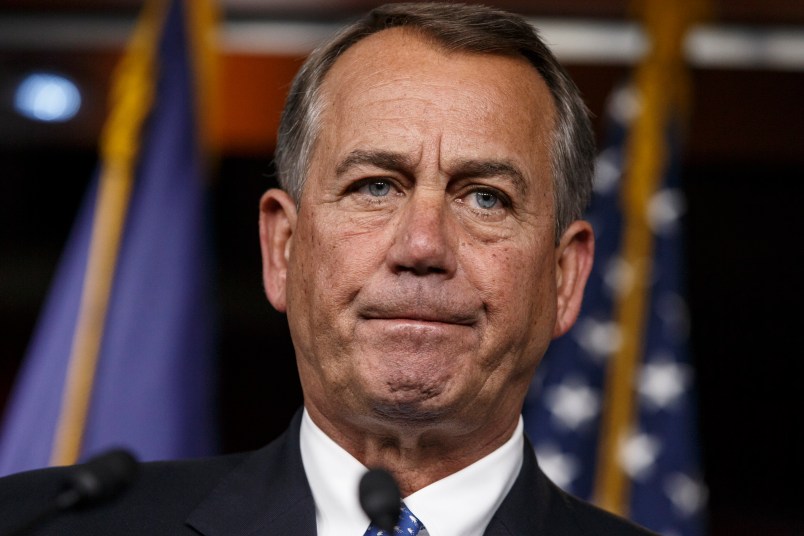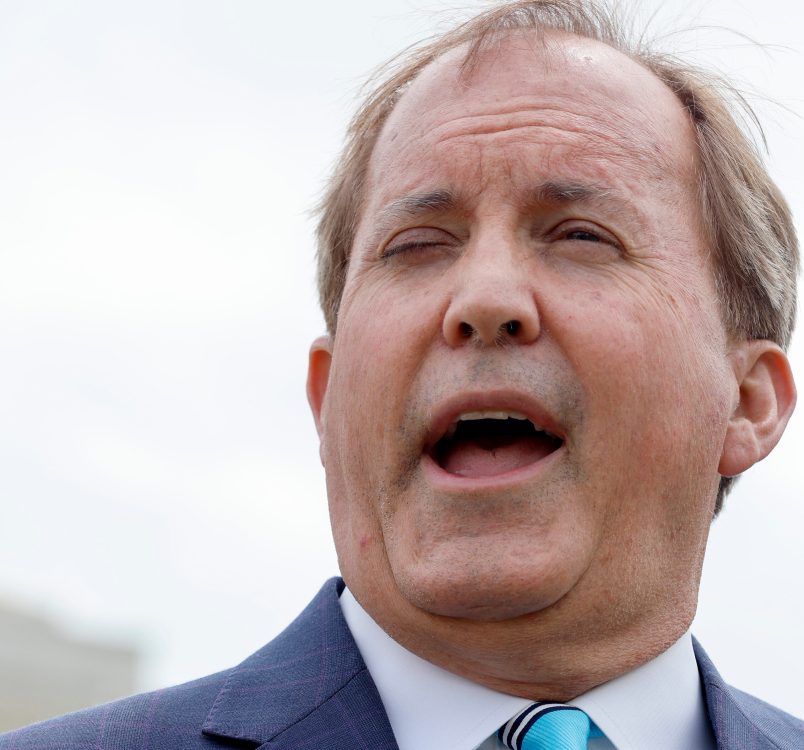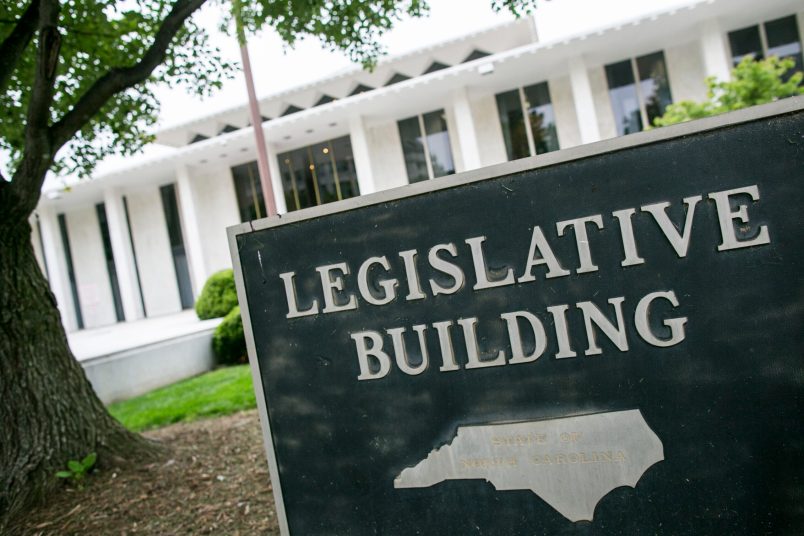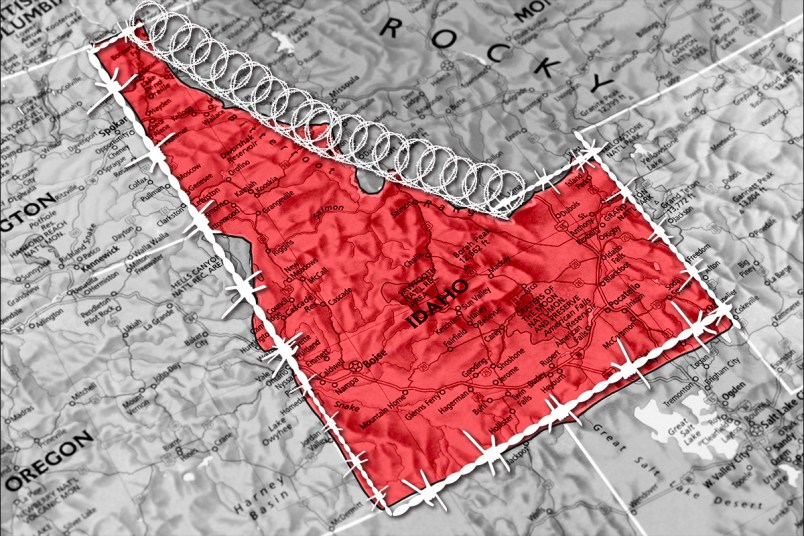The new Congress will convene on Tuesday and elect a House Speaker. That means renewed drama and speculation as to whether conservatives will finally topple Rep. John Boehner (R-OH) and install one of their own to run the chamber.
It’s highly unlikely. Here are five things to keep in mind.
There are no serious candidates to replace Boehner
House Republicans selected Boehner as their nominee for a third term as Speaker by a voice vote in November. The first thing conservatives need is a viable candidate to leapfrog him, whom the party can unite behind. They don’t have one, which signals a lack of an endgame.
The two who have jumped in the race are Rep. Louie Gohmert (R-TX) and Rep. Ted Yoho (R-FL). Gohmert is not considered a serious candidate by House Republicans, and Yoho is downplaying his own bid by saying it’s “not a personal vote against Representative Boehner – it is a vote against the status quo.”
Over the weekend, the Tea Party Patriots encouraged members to call lawmakers and tell them to vote for Gohmert or Yoho. The conservative group Madison Project launched the web site gohmertforspeaker.com.
29 defectors are needed to put Boehner in danger
With the resignation of Rep. Michael Grimm (R-NY), there are 246 Republicans in the 114th House. That requires 29 Republicans to either vote “present” or for another candidate in order to deny Boehner the 218-vote majority needed to win the contest outright (assuming no Democrats vote for him). That’s a tall order. But even if conservatives pull that off, their problems get tougher from there. If no one gets a majority, the race proceeds to a second ballot, where members can still vote for any candidate (including a newly-entered candidate). And on and on from there, until someone gets a majority of the entire House.
If there is a second ballot, Boehner’s support would likely dwarf that of all other candidates, who would face pressure to back down.
The last time an election for House Speaker was forced to a second ballot was 1923, when it took nine ballots to ensure the reelection Frederick Gillett (R-MA), according to the Congressional Research Service.
House tea partiers appear well short of the votes
As of early afternoon on Monday, just 9 House Republicans had publicly come out against Boehner for Speaker: Reps. Gohmert, Yoho, Thomas Massie (KY), Walter Jones (NC), Dave Brat (VA), Jim Bridenstine (OK), Steve King (IA), Marlin Stutzman (IN) and Paul Gosar (AZ).
Notably, three Republicans who were among the dozen that declined to back Boehner for Speaker in 2013 are supporting him this time: Reps. Raúl Labrador (ID), Tim Huelskamp (KS) and Mick Mulvaney (SC).
If the coup attempt is like 2013, it will be an embarrassment for everyone
In January 2013, Huelskamp brandished an iPad on the House floor with a list of names to aid his quest to oust Boehner. At least six of them ended up voting for Boehner. The spectacle was embarrassing for the conservative rebels, who came off as inept, and for Boehner, who nevertheless fell within just a few votes of being denied victory on the first ballot.
Republican voters are broadly dissatisfied with Boehner
Sixty percent of Republican voters in the 2014 midterm election want to remove Boehner as Speaker, according to a poll conducted Dec. 26-30 by Caddell Associates. Just 25 percent said they’d like to see Boehner win a third term.






